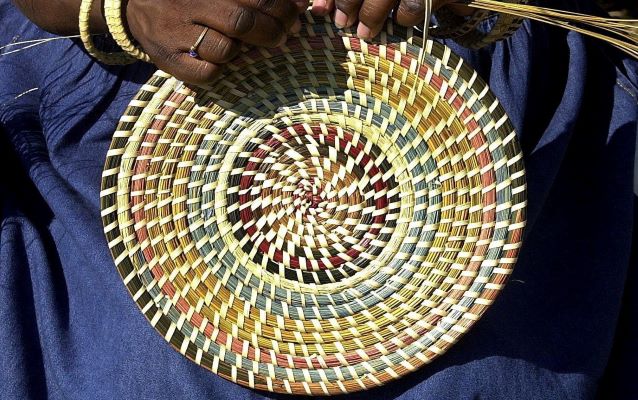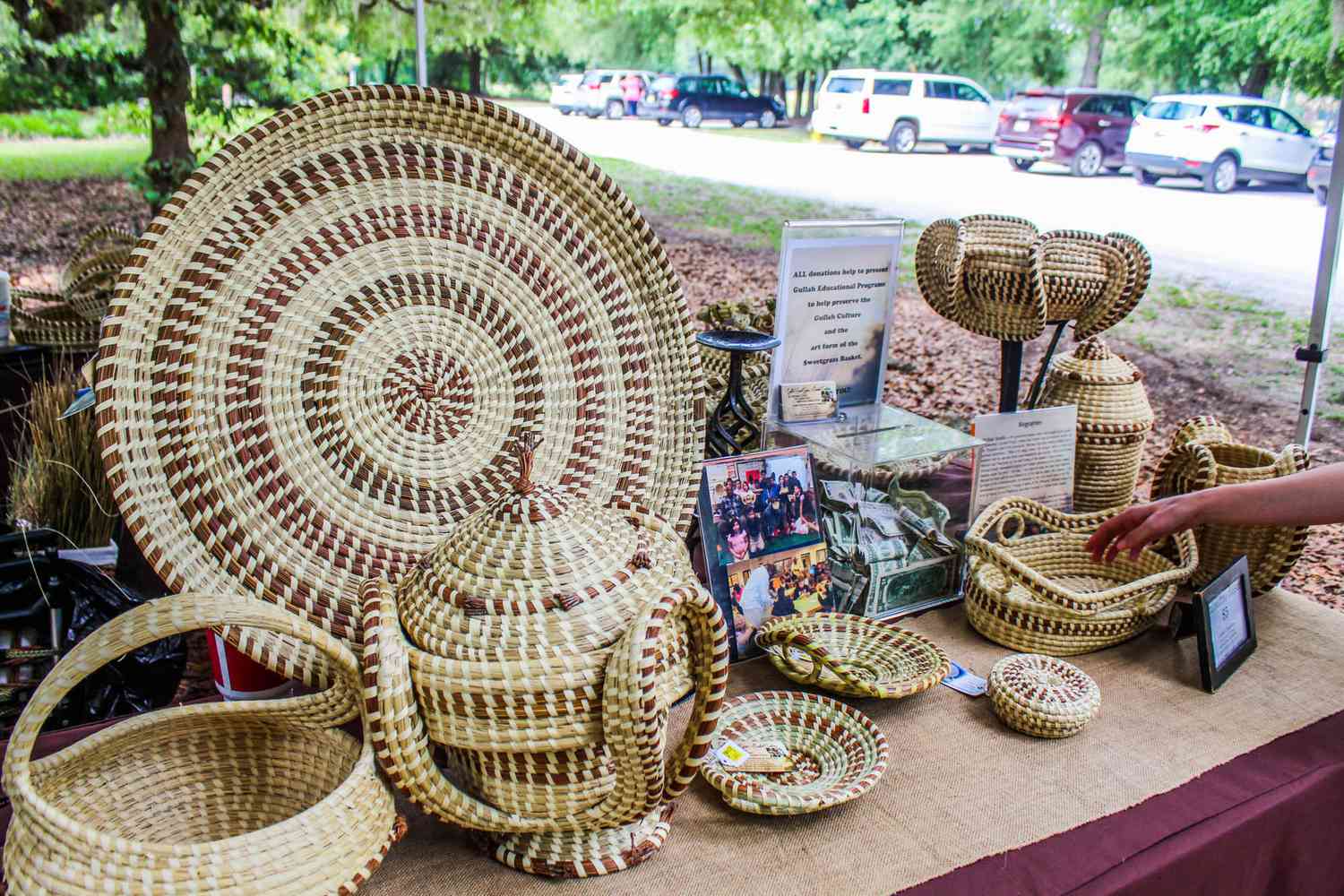The Gullah community, predominantly residing in the Lowcountry region of South Carolina, North Carolina, Georgia, and Florida, serves as a living link to African heritage. The roots of this unique ethnic group trace back to enslaved Africans, primarily brought for their expertise in rice cultivation.
These individuals hailed from diverse societies spanning Senegambia to Angola, bringing with them a tapestry of languages like Mende, Vai, Kissi, Fula, Gala, and Mandinka. The forced melding of these cultures led to the emergence of the distinctive Gullah/Geechee culture and language.
Decoding the Language: Gullah as a Testament to Cultural Fusion
Initially perceived as a broken form of English, the Gullah language, commonly known as Sea Island Creole, has gained recognition for its rich infusion of African lexicon and syntax. Scholars like Lorenzo D.
Turner in the 1940s played a pivotal role in unveiling the African roots of Gullah, drawing parallels with West African creole languages such as Krio spoken in Sierra Leone.
This unique language, an amalgamation of English and various African languages stands as a testament to the diverse origins of the Gullah people.
Vibrant Traditions: Unraveling Gullah Cultural Practices

- Rice Cultivation: Sowing Seeds of KnowledgeThe Gullah community’s expertise in rice farming, passed down from their West African ancestors, played a crucial role in the establishment of South Carolina’s rice plantations. This skill became a cornerstone of Gullah culture, reflecting the enduring impact of their agricultural heritage.
- Culinary Traditions: A Feast of West African FlavorsGullah cuisine, with dishes like red rice, okra gumbo, and chicken perloo, is deeply rooted in West African foodways. The incorporation of rice, greens, beans, and sweet potatoes showcases the lasting influence of West African culinary traditions in Gullah culture.
- Craftsmanship: Weaving Stories with Sweetgrass BasketsSweetgrass basket weaving, a skill passed down through generations, stands as a distinctive Gullah craft originally used for rice harvesting. These intricately woven baskets not only showcase craftsmanship but also serve as tangible links to Gullah heritage.
- Spirituality and Beliefs: Bridging African Rituals with ChristianityThe Gullah people seamlessly integrated African rituals into their predominantly Christian faith. The ring shout, a form of spiritual expression involving singing, clapping, and movement, reflects the harmonious blend of African and Christian traditions within Gullah spirituality.
- Folklore and Storytelling: Echoes of the AncestorsOral traditions play a significant role in Gullah culture, with tales often depicting animal tricksters that mirror human behaviors. These stories serve as a repository of cultural wisdom, passing down the collective experiences of the Gullah community from one generation to the next.
Facing the Future: Modern Challenges and Preservation Efforts
In the face of modern development and cultural erosion, the Gullah people encounter challenges to preserving their unique heritage. Ongoing efforts, spearheaded by institutions like the Penn Center on St. Helena Island, play a critical role in cultural preservation.
The Gullah Heritage Corridor, stretching along the South Carolina coast, stands as a living museum, showcasing the enduring influence of African traditions in American culture.
Related News:
- Colorado Climbs the Charts: 5th Place in National Education Rankings!
- Shocking Attack: Man Strikes Victim with Baseball Bat Following Alleged Anti-Semitic Tirade
- Empowering Educators: Georgia Education Dept. Allocates $30M for Literacy Coaches!
Preserving a Dynamic Legacy: The Gullah Culture in Contemporary South Carolina
The Gullah culture of South Carolina is not merely a relic of the past; it is a dynamic and evolving entity. As South Carolina continues to evolve, the Gullah culture remains an integral part of its rich tapestry, offering profound insights into the state’s history and the enduring influence of African heritage in the American South.

